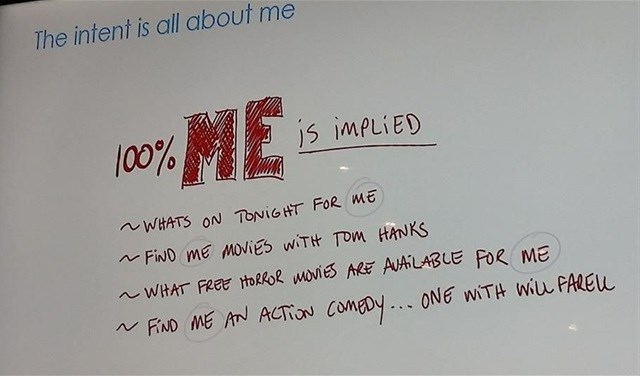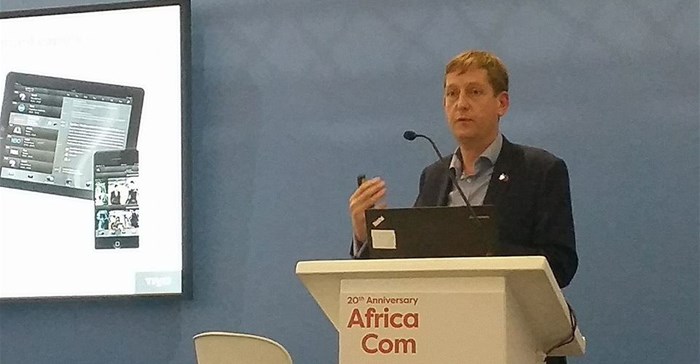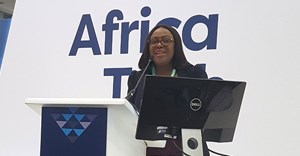#AfricaCom: Data is the future of the monetisation of content

Dawes said Tivo’s future was very much guided by innovation to stay ahead of the curve. Design thinking, customer dedication and audience insights formed a significant part of ensuring that innovation:
- Innovation: Staying ahead of the curve through continuous invention.
- Design Thinking: Inspiring beautiful user experiences through entertainment technology.
- Customer Dedication: Committed to partnering with our customers to achieve results.
- Audience Insights: leveraging data to deliver actionable insights into audience behaviour.
When people first started watching video, it was on a single device. As we’ve transitioned three times since the 1950s, from watching television to watching video, to multi-locations, it has become a bit of a scavenger hunt, said Dawes, with hundreds of channels to choose from, difference streams and different devices to consume content on.
There are five trends he highlighted in the changing television market:
- Personalisation – all guides will morph into being recommendations, not just TV guides.
- Voice – is how we will discover content in the future.
- Visually rich – everything has to be beautiful today.
- IPTV - Internet Protocol television is the delivery of television content over Internet Protocol networks. This is in contrast to delivery through traditional terrestrial, satellite, and cable television formats (Source: Wikipedia).
- Flexible – meet the consumer’s needs at all times, anywhere, everywhere.
“We do a lot of research, to develop our understanding of the consumer globally,” said Dawes, saying that some of their recent research was some of the most interesting findings over the past few years.
“When we watch content, by ourselves, with a partner or in a group, those three different types of content are quite different.”
They also found that content consumption remained as high as ever: four hours a day is the global average spent watching television or streaming content. In South Africa that figure is 3.5 hours.
“Consumers are using multiple sources, they just want content and want to be able to watch it on their terms. And people spend quite a lot of time finding content each day (about 19 minutes per day). About 30% say they turn off their devices in frustration because they can’t find anything to watch.”
Additionally, research revealed clear content consumption patterns:
Content infidelity
88% said watching couples content without your partner felt like cheating. 14% actually said it was worse to cheat on watching content without your partner than cheating in real life!
Work, sleep, stream
Consumers’ relationships with entertainment are just as important as their other daily priorities. People are spending around 30 minutes a day consuming content, at least.
Goodbye, couch potato
60% stream video content frequently when in a car or public transport.
Show dumping
Viewers globally, also give up shows they love because it has become too costly or difficult to watch on their platform.
As regards the market in Africa, Dawes said the pay-TV market in Africa had gone up by 22% in Africa, and will get to 31% by 2031. This pales into insignificance in the rise of mobile broadband connections of over a billion in 2022 in Africa, and with the increasing affordability of smartphones, opens up opportunities in the mobile content space.
Dawes said any platform needed three things to launch a great service: content, consumer, context, to build the ultimate entertainment experience.
He warned that for the consumer it was all about “me, me, me” in their viewing and search habits, as Tivo’s research had showed. “The intent is all about ‘me’. It is 100 percent implied.”



























